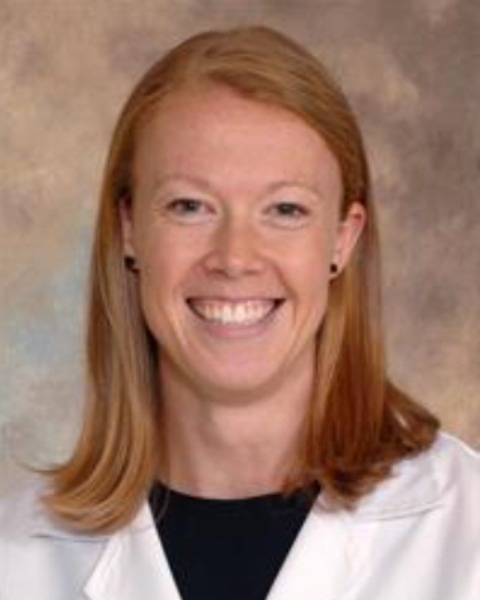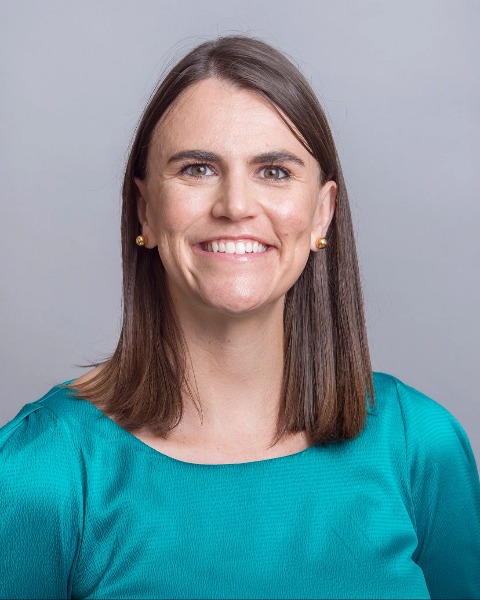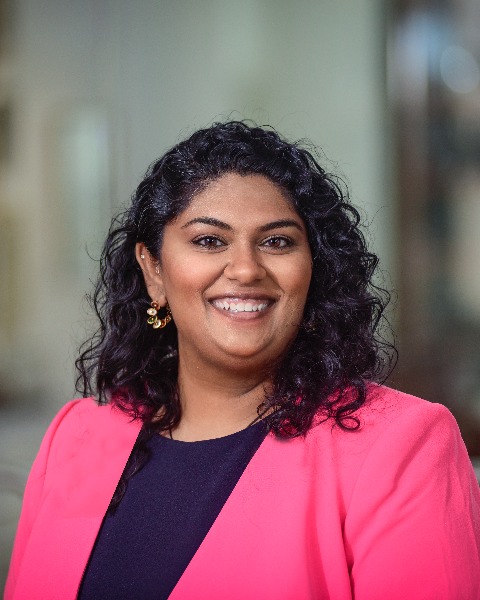Clinical Care
Trainee
Ch-ch-changes: Transition Care for Adolescents and Young Adults with Intellectual and Developmental Disabilities (IDD)
-

Alexandra Schoenberger, MD, MSEd (she/her/hers)
Resident, PGY-3
Cincinnati Children's Hospital Medical Center
Cincinnati, Ohio, United States -
EA
Elisha Acosta, MD (she/her/hers)
Assistant Professor
Baylor College of Medicine, Texas, United States -
JK
Jordan Kemere, MD MS (she/her/hers)
Assistant Professor
Baylor College of Medicine, United States -
AN
Abigail Nye, MD (she/her/hers)
University of Cincinnati
Cincinnati, Ohio, United States -

Marie Pfarr, MD, MSc (she/her/hers)
Assistant Professor
UAB/ Children's of Alabama
Birmingham, Alabama, United States -

Vrunda Vithalani, MD (she/her/hers)
Assistant Professor, Internal Medicine Pediatrics
Baylor College of Medicine and Texas Children's Hospital
Houston, Texas, United States
Leader(s)
Co-Leader(s)
Workshop
Description: Despite the Surgeon General’s calls in 2005 for an increase in education surrounding the care of patients with intellectual and developmental disabilities (IDD), only about 50% of medical schools’ curriculums include disability education. While medical advances have resulted in children and adolescents with IDD living longer, medical education does not reflect this. Thus, at all levels of training, there is a paucity of education around topics such as healthcare transition, guardianship, medical technology, and reproductive/sexual health for patients with IDD. Recent literature has shown that providers do not want to care for patients with IDD, in part due to this inadequate training. There is therefore a continually-widening gap between patient needs and our training. As pediatricians, we play a crucial role in caring for these children and adolescents as they transition into adulthood; our training must reflect this for us to appropriately care and advocate for our patients.
Engaging in active learning, participants will engage in small-group, case-based learning focused on topics such as decision-making in youth with ID, behavior and exam accommodations in a patient with autism, and medical complexity in a patient with cerebral palsy. Participants will select the most applicable and/or intellectually-stimulating cases to go through with their group, facilitated by a physician with experience caring for children and adolescents with IDD. Participants will have access to supplemental materials for each case to promote further application of the information and provide examples for integration of this education at their home institutions.
Learning Objectives:
- Identify current standards of care, resources, and community supports for the care of individuals with intellectual and developmental disabilities (IDD).
- Analyze healthcare practices and needs specific to the care of individuals with IDD, particularly as they transition into adulthood.
- Compare and contrast barriers to caring for and teaching about this patient population at participants’ home institutions and develop strategies to begin overcoming these specific barriers.
